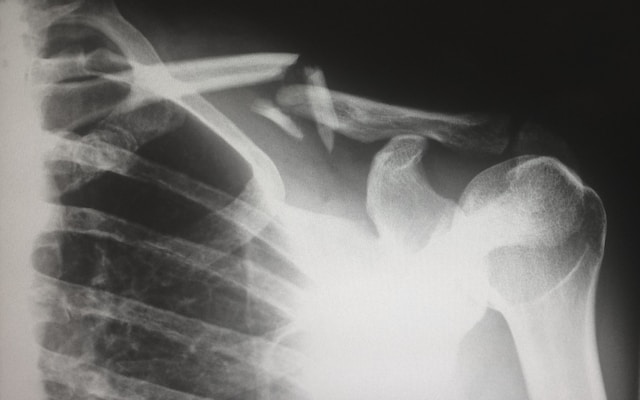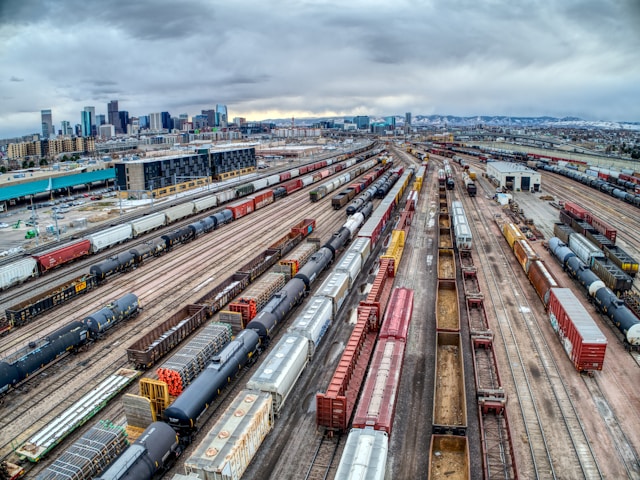
Thousands of railroad track workers work day in and day out to maintain the nation’s track bed and rails which freight and passenger trains ride on. These railroad workers include laborers (sometimes referred to as “trackmen”), track machine operators, and track welders. All of these rail workers play an important role in preventing derailments and keeping the rails safe for moving millions of tons of freight and thousands of passengers every day.
Unfortunately, railroad track workers, also known as “maintenance of way” employees, have elevated risks of injury compared to other jobs on the railroad and compared to non-railroad workers. In fact, a recent report by the National Transportation Safety Board (NTSB) noted that there are too many railroad accidents. In commenting on the report, one NTSB Board Member stated that, “Unfortunately, these accidents expose some of the many issues that still need to be addressed to protect train crews, maintenance-of-way employees, and mechanical workers from the risk of death or injury…Most of these accidents are preventable, and we have found from our investigations recurring safety issues that need to be addressed quickly to provide better protection for workers.”
What to Know About Track Worker Injuries
Why do so many track workers get hurt? The simple answer is that there are lots of hazards facing railroad track workers and when injuries occur they can be catastrophic. Many of our track
Unfortunately, track workers also face an increased risk of lung injury and cancer from breathing in dangerous fumes and dust in their railroad workspace, including:
- Creosote: Railroad ties are coated with creosote to help preserve them over time. The EPA has found that creosote is a probable human carcinogen (cancer-causing substance).
- Diesel exhaust: Track workers work on and around lots of diesel-powered equipment such as tampers, ballast regulators, backhoes, tie removers, tie inserters, track brooms, ballast cleaners, and welding machines. Diesel exhaust is a well-recognized cause of different types of cancer according to the International Agency for Research on Cancer (IARC)
- Ballast dust/silica: Railroad ties and rails rest on rocks called ballast. Certain types of ballast contain silica dust which is another well-known cause of cancer. Studies conducted by CDC/NIOSH found that track maintenance workers were being exposed to unsafe levels of silica dust which exceeded governmental safe limits known as “permissible exposure limits” (PELs).
- Welding fumes: Railroad track welders are regularly exposed to welding fumes that cause cancer. In fact, IARC ranks the welding fume cancer risk in the highest category (“Group 1”) based on “strong epidemiological evidence”.
- Asbestos: OSHA concluded that it is “aware of no instance in which exposure to a toxic substance has more clearly demonstrated detrimental effects on humans that has asbestos exposure.” It is for this reason that so many railroad track workers have been diagnosed with cancer from using asbestos rope in “pull-apart” rail repairs, from being around asbestos brake shoes, from asbestos used in boutet welding, and from breathing in asbestos insulation in camp cars and railroad buildings.

The Doran and Murphy Law Firm has earned a reputation for being railroad track injury lawyers based on almost 30 years of successfully handling these types of cases. If you or a loved one has been hurt in a railroad track accident or suffered cancer from track worker toxic exposures, contact us today! We have the experience in track worker injury cases and railroad track worker cancer cases needed to help ensure success and protect your family!





